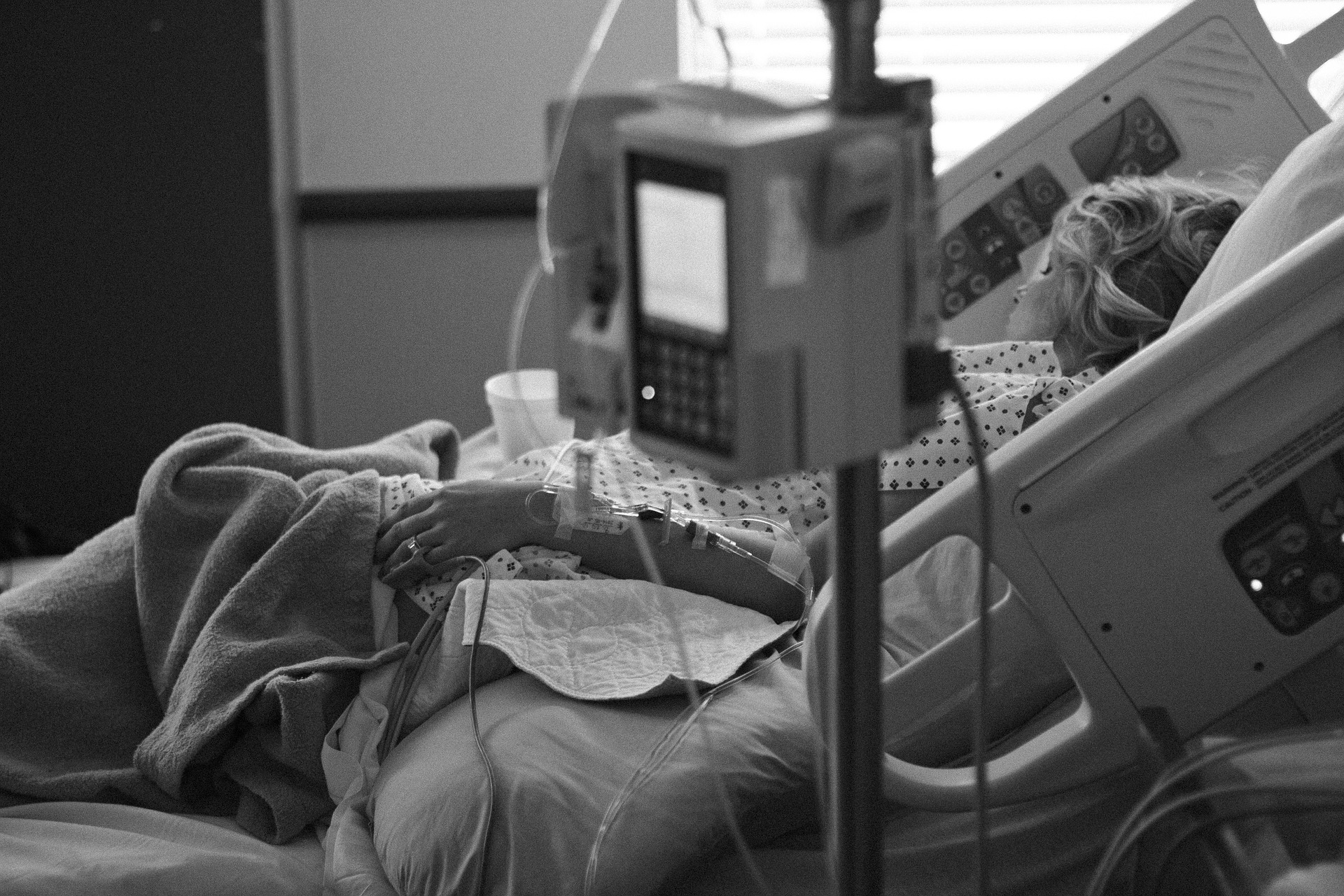This is a guest post by Laura Tringali.
 I have learned in my few years of young adulthood that the difference between standing up for what one believes in and judging those who disagree is not as clear as I would like it to be. This complicates our lives, doesn’t it? You want to stand firm in what you believe to be upright but somehow a distorted idea of tolerance muddies up the whole situation, and people accuse you of being judgmental.
I have learned in my few years of young adulthood that the difference between standing up for what one believes in and judging those who disagree is not as clear as I would like it to be. This complicates our lives, doesn’t it? You want to stand firm in what you believe to be upright but somehow a distorted idea of tolerance muddies up the whole situation, and people accuse you of being judgmental.
I was having a discussion recently with a great friend of mine about one of these hot-button moral issues. I would like to omit the specific topic because, as these current issues can be sensitive, I hope to avoid bringing up feelings that will distract from my point here. So, after we each shared our differing viewpoints and reasoning, we began to engage in back-and-forth challenges: “What do you think about this?” and “What if that?” Her most striking, however unsurprising, criticism was a blanket statement that not all Christians do everything the Bible tells them to do followed by one specific example of a Christian she knows who has made decisions contrary to my argument of the Catholic perspective on the issue. Therefore, aren’t I a hypocrite for disagreeing with her if not all Christians are living in line with Church teaching?
I should have been more prepared to answer this question, but after much prayer and contemplation, here I am to share my response with you instead. This argument against the “Christian hypocrite” is quite common in my experience, but here is the catch: Christianity, as a body of people, does not claim to be a collection of perfect people. Examples of how Christians fail to live holy lives do not discredit the integrity of the faith and its morals. Jesus called sinners to follow him because he is the physician to the sick (Mt 9:12). So it follows that her question is actually: How can Christians, as a group of imperfect people in a world of imperfect people, stand up for Christian morality without being personally flawless in morality?
If I judge, then yes, I am a hypocrite, but disagreeing is not the same as judging. Pope Francis reminds us in these situations: “We must always consider the person.”[1] God is love, and in the image and likeness of God our greatest calling in life is to love. We can and should let our voices be heard in these sensitive moral debates, but never without first and always bearing in mind the dignity of each and every individual. This is tolerance: to love and respect individuals.
[1] Interview with America Magazine, 2013.
Laura Tringali, born and raised in Hershey, PA, received her BS in Psychology with minors in Nonprofit Studies and Classics at The Ohio State University. After graduating with recognition from the university for her research on Paul’s theology in the New Testament, Laura is now pursuing a Master in Theological Studies at the Boston College School of Theology and Ministry.









Tolerance is difficult to practise and is sadly lacking in the world today. However your conclusion is correct we need to be clear on our own standpoint but respect the views of others. If only more people could accept that. God willing they will in due time.
How can Christians, as a group of imperfect people in a world of imperfect people, stand up for Christian morality without being personally flawless in morality?
I believe that Jesus would say this is asking the incorrect question.
If you think that standing up for Christian morality is important, e.g., ‘do not commit adultery’, I think Jesus would say that what is more important is that you inspect the lust in your own heart before you look outside yourself for the sins that others are committing. ‘Do not judge’ means to keep your focus on yourself. In this way you will be a light, and cause others to give thanks to God.
The actual question might be: what are you tolerating within your own heart while looking outside yourself for sin?
The only standard -bearing action required of me is that i love my neighbor and myself as a child of God. I must be the change i want to see in the world. I can’t control nor change others; only myself.
Rather than hating sin, why not heal wounds with love? For we are called to do even greater things than Christ. Jn 14:12
We stand up for morality through the way we live, all the while knowing that none of us can live the perfect lives Jesus lived. When we profess our faith in Christ, the world will watch us, especially during times of trial and difficulty to see how we respond.
As far as Christians being judgmental goes, we’re commanded to call out a brother or sister when they become involved in sin, but carefully and in a spirit of love, not in a way that’s confrontational (Galatians 6). I hear people talk about the reasons they like this church or that church, and they usually say something like “I like that church because they don’t judge you.” Well, there is a line we have to walk there. We don’t want to push someone away from salvation, but at the same time, if someone is involved in sin, we have to bring it to their attention. Judgment begins in house of God (1 Peter 4:17). It’s not judging someone to point out sin because God is the one who said adultery, murder, theft, sexual immorality, etc are sinful. If someone blows by you at 90 mph on the freeway in a 65 mph zone, you’re not judging that person when you say, “Wow, look how fast he’s going!” because the law has judged speeding to be illegal. You’d just be pointing out the obvious. But we must be mindful of our approach. It’s usually best to consult the church elders or the pastor, and you never want to do something like that in way that embarrasses or humiliates someone in front of the church body. But we’re not called to slink away and say nothing out of fear of being called judgmental when confronted with sin. However, we do need to take the plank out of our own eye so we can clearly see the speck in our brother or sister’s eye.
Finally, we’re not to be called to be tolerant. We’re called to go and make disciples of all the nations (The Great Commission, Matthew 28). While we can’t save anyone, and only the Holy Spirit can convict a person of sin, we are called to take the gospel message to the world. And the best way to share Christ is share our own story. We tell people what messed up sinners we were before we accepted Christ. We tell them of our conversion. And we tell them how Christ changed us and our lives. Just because we’re not perfect doesn’t mean we’re hypocrites when we point out that which God has judged to be sin. The sin nature is still in us. Paul wrote about the battle between the flesh and the spirit that goes on inside the heart of every Christian (Romans 7). No, we’re not hypocrites at all. That’s the world’s argument against us as the world tries to silence the gospel message. When someone comes at you with that argument, you just tell them you’re a sinner just like everyone else, but you’ve been redeemed by the blood of Jesus Christ and the reason you’re calling out a friend or family member’s sin is because you don’t want them to spend eternity separated from God. Genuine concern for the souls of lost people is perhaps, one of the greatest expressions of the love of Christ.